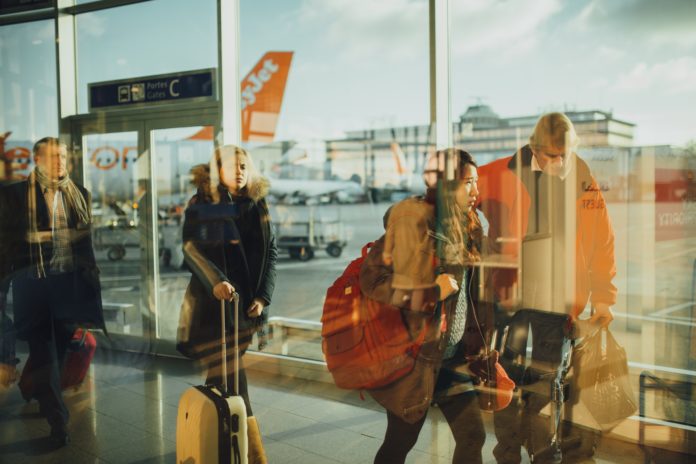
If you are a frequent traveller, have travel sleeping and feel depressed, you are not alone.
People who travel for business two weeks or more a month report more symptoms of anxiety and depression and are more likely to smoke, be sedentary and report trouble sleeping than those who travel one to six nights a month. These are the findings of a latest study conducted by researchers at Columbia University’s Mailman School of Public Health and City University of New York.
Among those who consume alcohol, extensive business travel is associated with symptoms of alcohol dependence. Poor behavioral and mental health outcomes significantly increased as the number of nights away from home for business travel rose. This is one of the first studies to report the effects of business travel on non-infectious disease health risks. The results have been published online in the Journal of Occupational and Environmental Medicine.
“Although business travel can be seen as a job benefit and can lead to occupational advancement, there is a growing literature showing that extensive business travel is associated with risk of chronic diseases associated with lifestyle factors. The field of occupational travel medicine needs to expand beyond its current focus on infectious disease, cardiovascular disease risks, violence and injury to bring more focus to the behavioral and mental health consequences of business travel,” said Andrew Rundle, associate professor of Epidemiology at the Mailman School of Public Health.
Employers and employees should consider new approaches to improve employee health during business trips that go beyond the typical travel health practice of providing immunizations and medical evacuation services, according to Rundle, whose earlier research found that extensive business travel was associated with higher body mass index, obesity, and higher blood pressure.
“At the individual-level, employees who travel extensively need to take responsibility for the decisions they make around diet, exercise, alcohol consumption, and sleep. However, to do this, employees will likely need support in the form of education, training, and a corporate culture that emphasizes healthy business travel. Employers should provide employees who travel for business with accommodations that have access to physical activity facilities and healthy food options,” he said.













